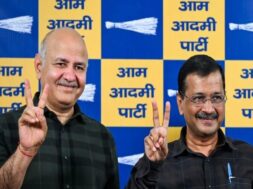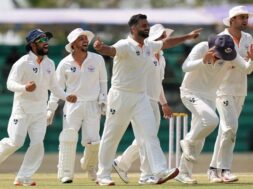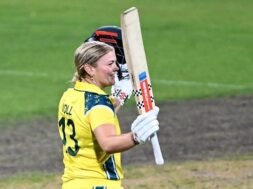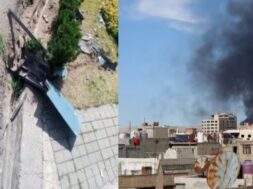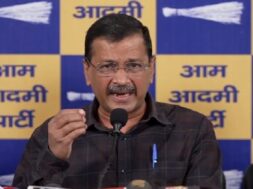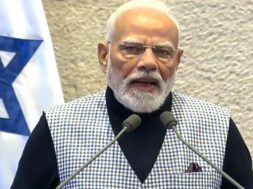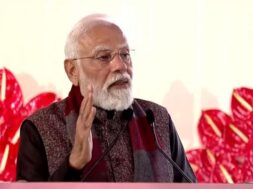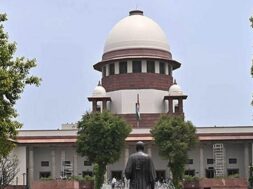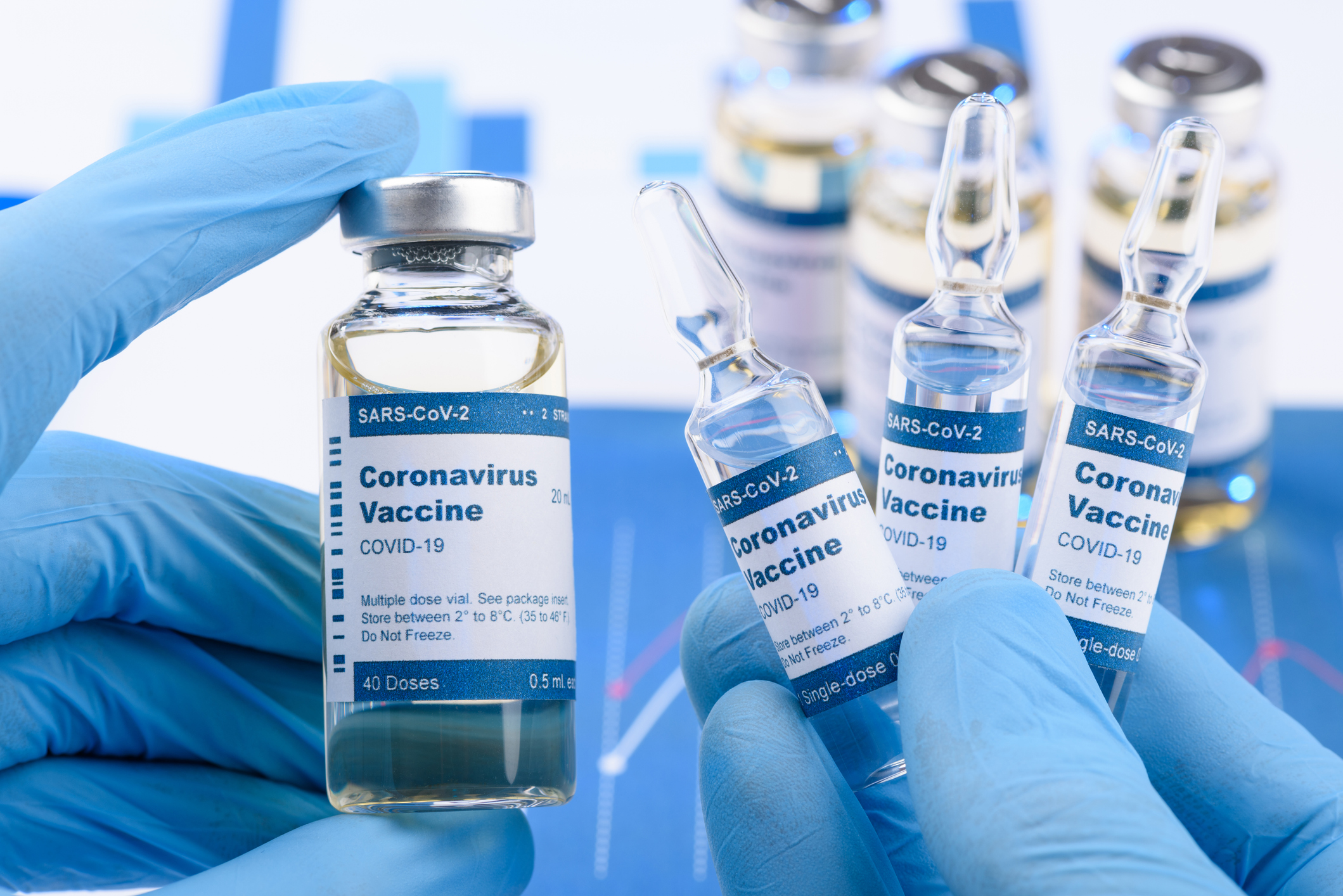
NEW DELHI, June 11: A study carried out at CMC Vellore has found that two doses of Coronavirus vaccines offer high protection against infection and hospitalisation even among health-care workers who have a high risk of being infected. While the study found vaccination to be protective, it did not investigate the proportion of cases caused by the beta (B.1.1.7) and delta (B.1.617.2) variants that were responsible for the second wave.
The study was posted on a preprint server.
“Our study shows that COVID-19 vaccines have a great benefit in reducing infection and severity of disease. Vaccination helps in breaking the chain of transmission,” says Dr. Joy J Mammen, Professor at the Department of Transfusion Medicine, CMC Vellore and the corresponding author of the preprint.
“We were not able to individually study the efficacy of Covishield and Covaxin as only a few received Covaxin,” Dr. Mammen said. Though over 93% received Covishield, the study only shows that vaccinated individuals are better protected compared with unvaccinated individuals.
In total, 8991 (84.8%) health-care workers were vaccinated between January 21 and April 30 2021. A majority of them (nearly 8,400) received Covishield. The incidence of infection and hospitalisation was studied between February 21 and May 19. While not a single death was reported among the 8,958 vaccinated individuals, there was one death among the 1,609 unvaccinated health-care workers.
The study found that among the 7,080 health-care workers who received two doses, the vaccines offered 65% protection against infection, 77% protection against hospitalisation, 92% protection against the need for oxygen and 94% protection from ICU admission. Among the fully vaccinated individuals, infection was seen on average 47 days after the second dose.
The study found that even a single dose of COVID-19 vaccine offered significantly high protection against both infection and hospitalisation. In 1,878 health-care workers who received only one dose, protection against infection was 61%, while protection against hospitalisation was 70%. In the case of those needing oxygen care and ICU admission, the protection offered by a single dose was 94% and 95%, respectively.
Among the 1,878 health-care workers who received only one dose, 200 (10.6%) were infected, while only 22 (1.2%) needed hospitalisation. In comparison, among the 7,080 health-care workers who received two doses, 679 (9.6%) were infected while 64 (0.9%) needed hospitalisation. Among those who received two doses, only four needed oxygen support and just two needed ICU care.
“Vaccines are working well! Good against infection (in healthcare settings where there is a high risk of transmission), great against severe disease,” Professor of Microbiology at CMC Vellore Dr. Gagandeep Kang tweeted. She is not involved in the study.
According to the authors, the reason why many health-care workers were not able to take the second dose was due to vaccine shortage and subsequently due to changes in guidelines on the interval between the first and the second dose of Covishield.
Among the 1,609 health-care workers who had not received any vaccination, 438 (27.2%) got infected, while 64 (4%) needed hospitalisation. Eleven (0.7%) individuals who did not get any vaccine needed oxygen support and eight (0.5%) needed ICU care.
“Beyond the immediate, implications for public health include cost-effective protection from infection, reduction of illness severity and an intervention to break the chain of transmission effectively. Even as many states chose to restrict movement to reduce stress on the healthcare system, we realize that future waves can at best be prevented or at worst mitigated through aggressive and widespread vaccination,” the authors wrote.
Meanwhile, Niti Aayog (health) member VK Paul said on Friday Bharat Biotech’s Covaxin being denied of emergency use approval by the United States’ Food and Drug Administration would have no bearing on India. The Drug Controller General of India is satisfied with Covaxin data and so there will be no disruption in the vaccination programme going on in India owing to FDA’s decision.
Welcoming their decision, Dr Paul said every country has its own benchmark for such approval. But as India’s drug regulator was satisfied with the data that the Hyderabad-based vaccine maker produced, the FDA’s decision will have no bearing in India. “We are happy as we have gone through their safety data,” Dr Paul said.
The FDA has not given emergency use approval to Covaxin and sought more data on the clinical trials. Bharat Biotech’s American partner Ocugen has now decided to go for full approval, with complete data.
Dr Paul also expressed hope that the vaccine maker would comply with what the FDA has wanted.
“Every country has a different regulatory system. The scientific framework might be the same but nuances change depending on the context. They have their own parameters which we respect. Our regulatory authorities too have separate parameters. When our vaccine makers make vaccines for our children, the nutritional status, the genetic background are taken into account to find out whether the vaccine will be fully effective. If one vaccine is effective on our children, it may not work in Argentina. That is a different cohort of people,” Dr Paul said.
Bharat Biotech’s application before the World Health Organization for emergency use approval is also pending. But the company is not seeing FDA’s disapproval as a setback as no vaccine manufactured or developed in India has ever received emergency use approval or full licensure from FDA.
(Manas Dasgupta)

